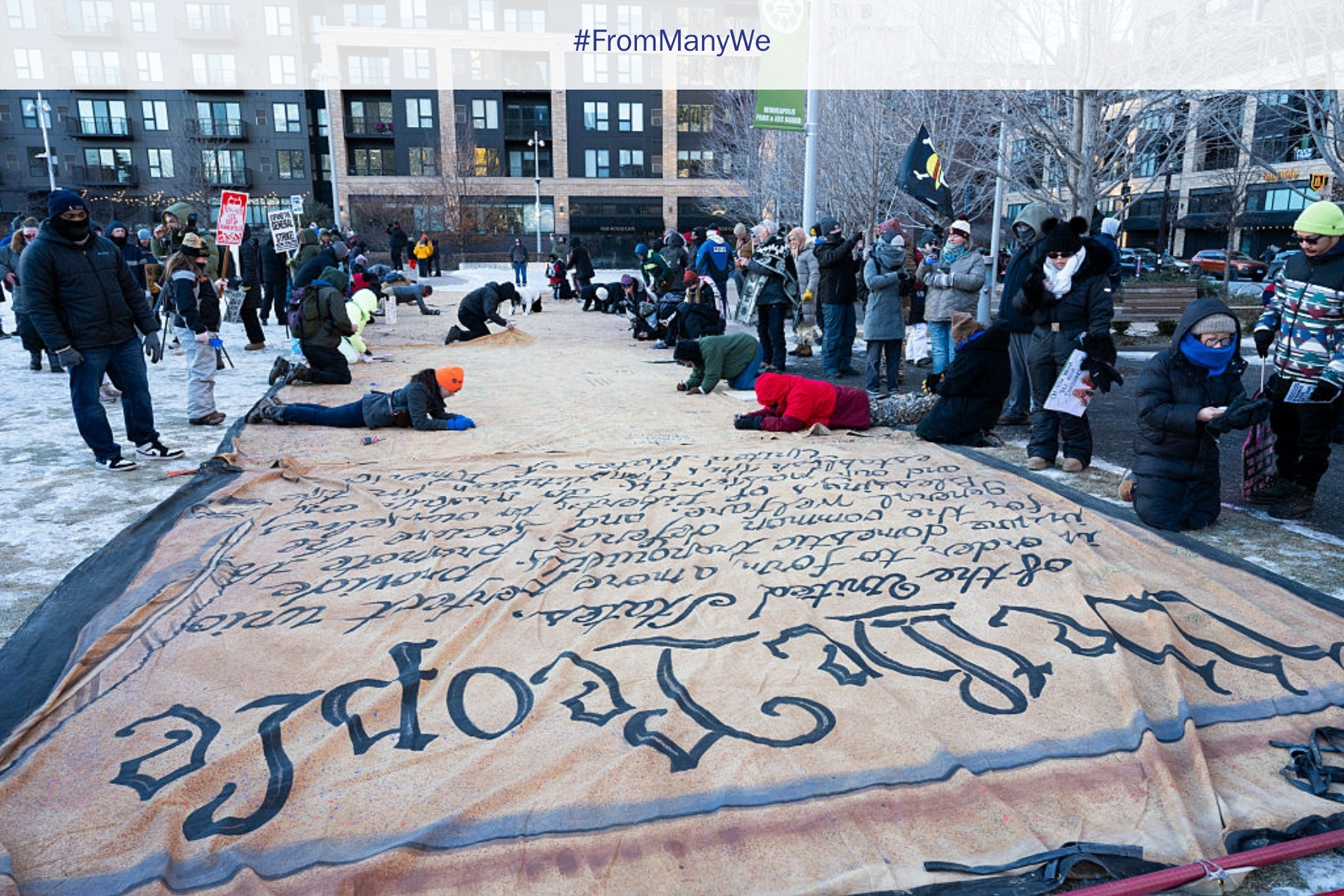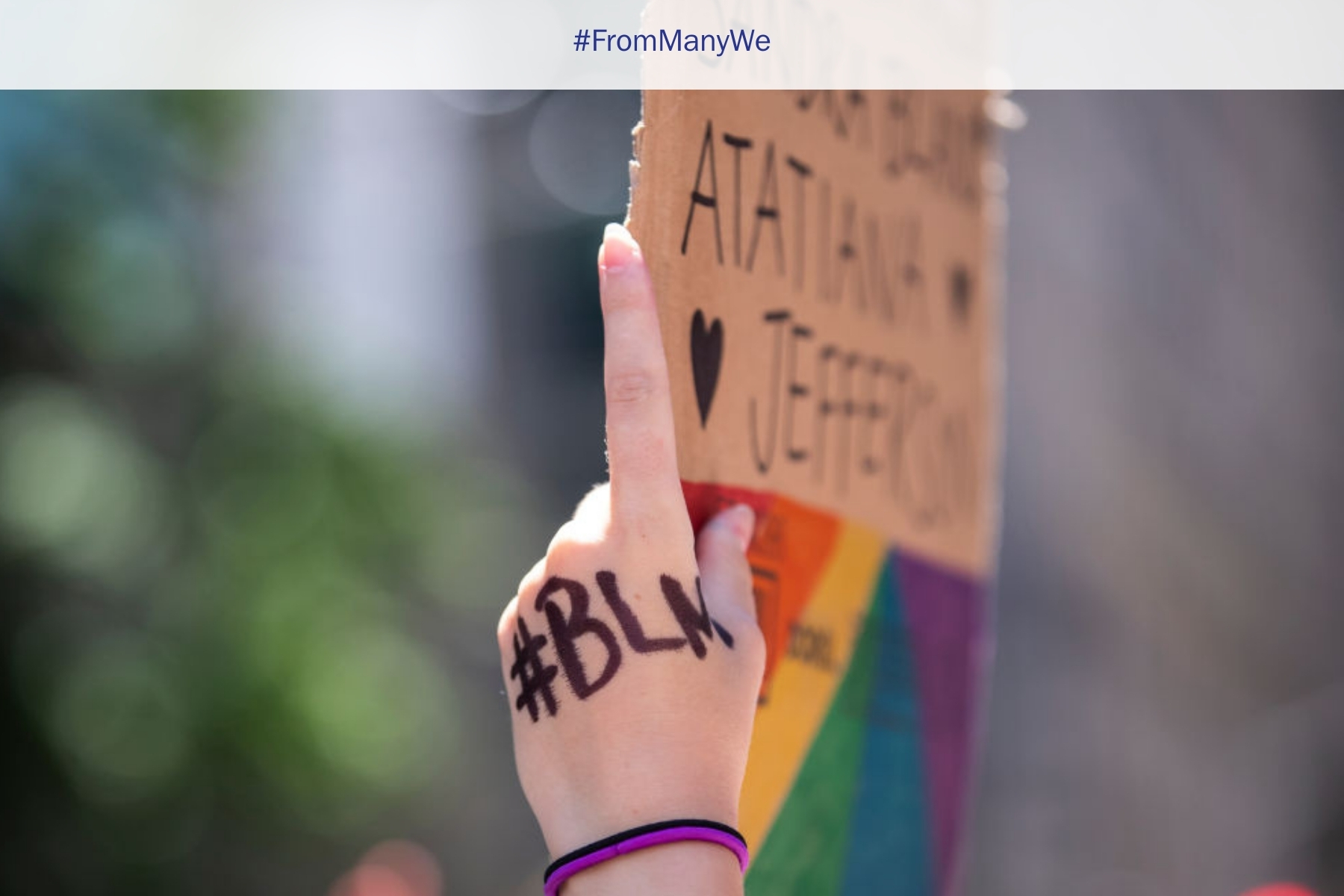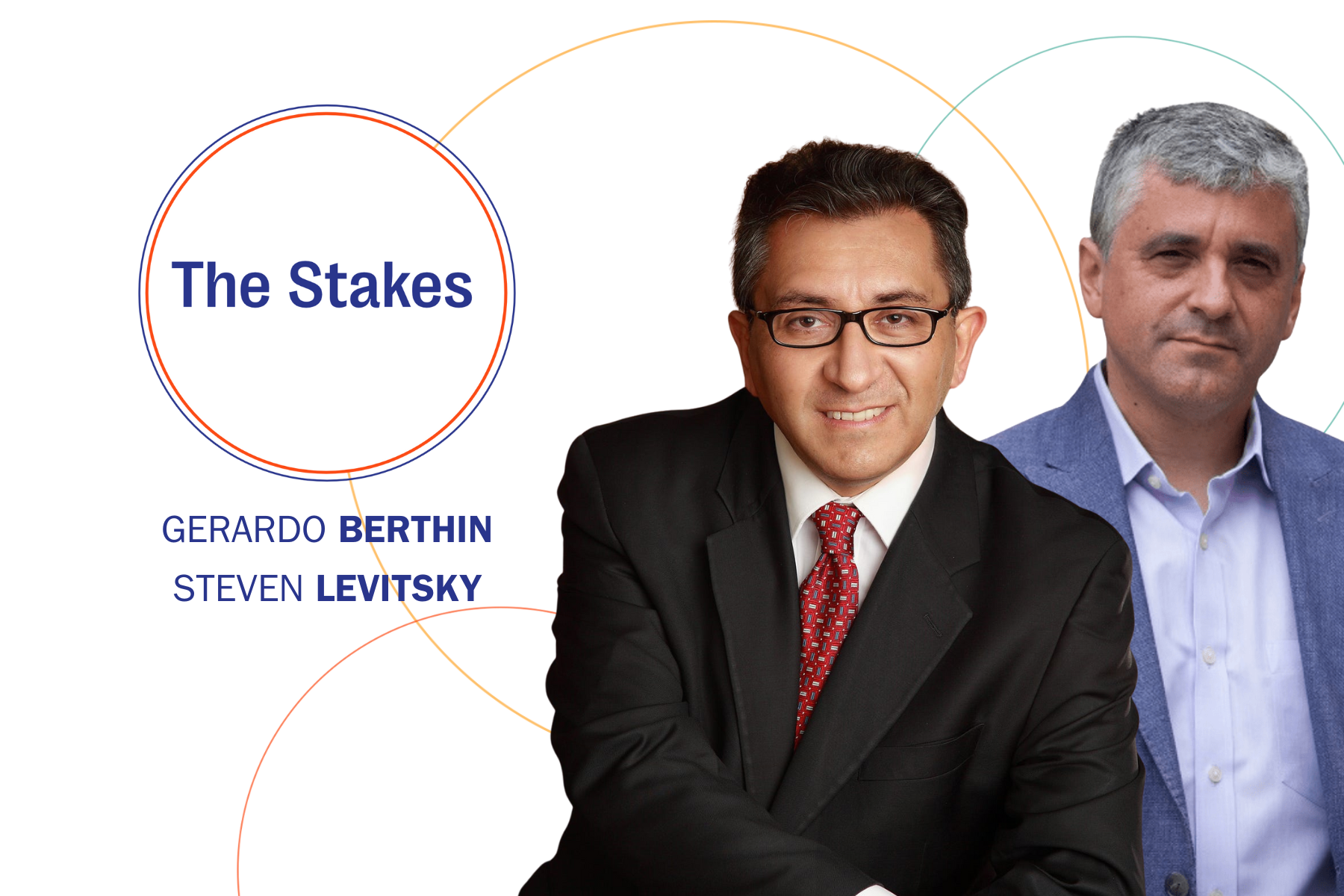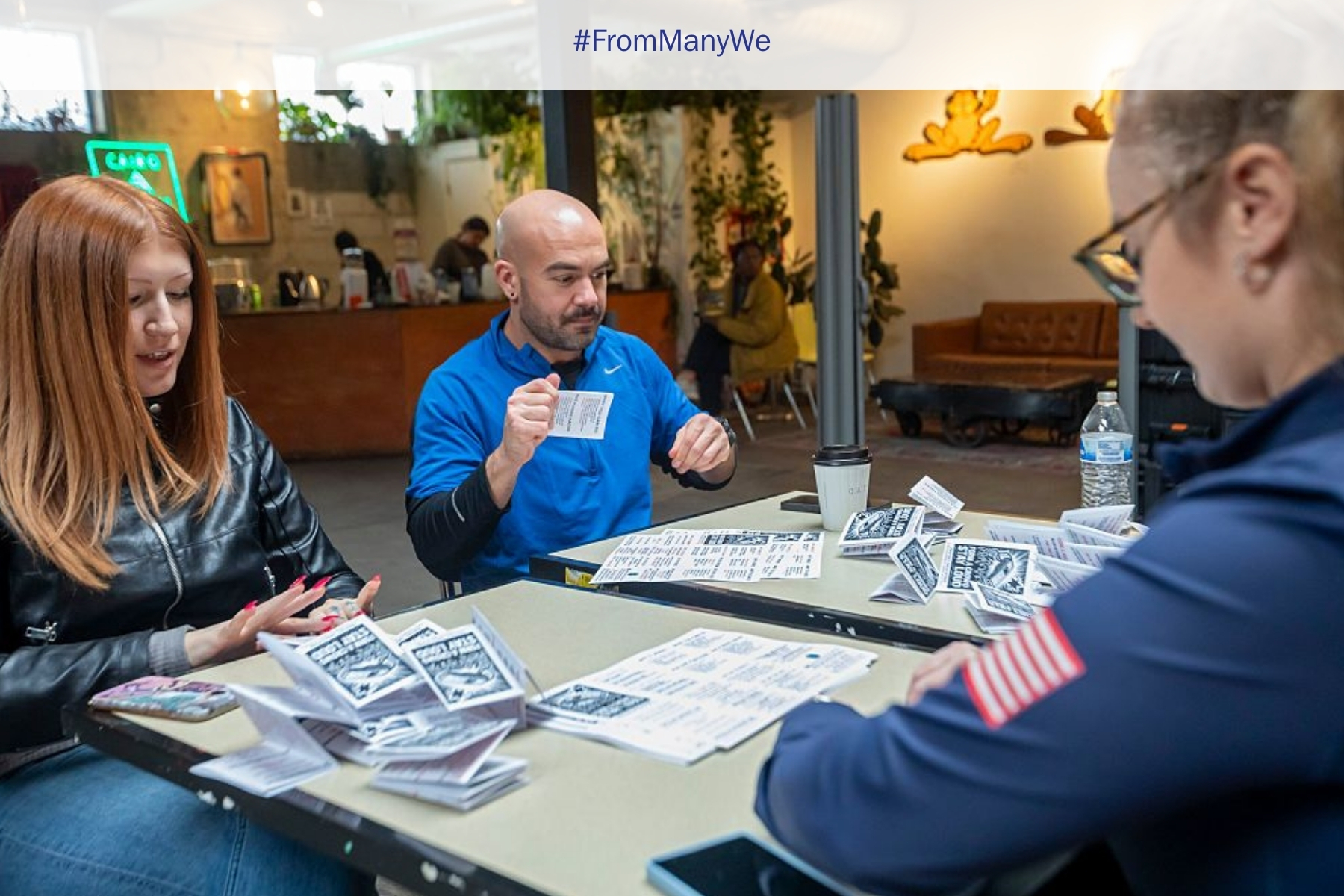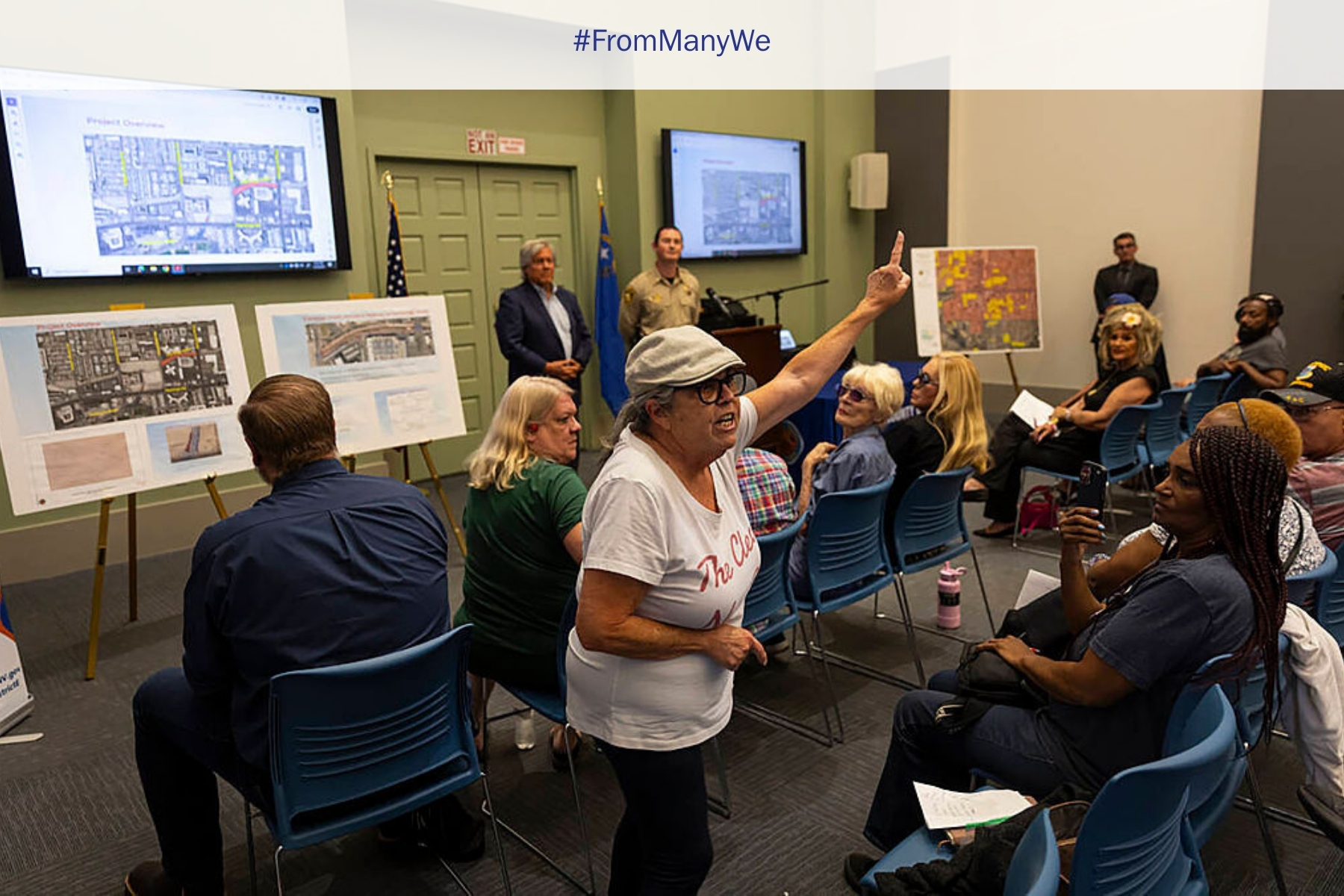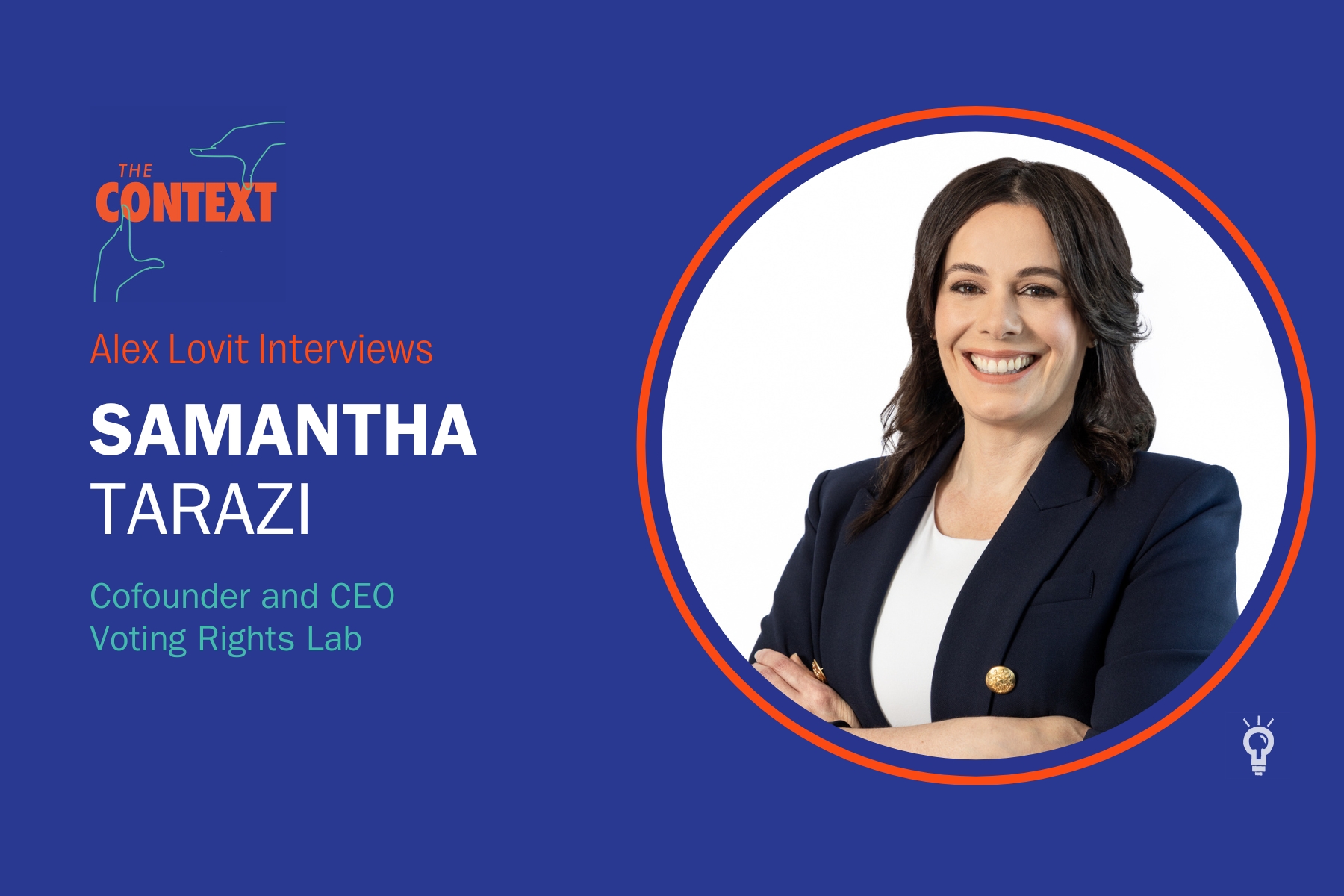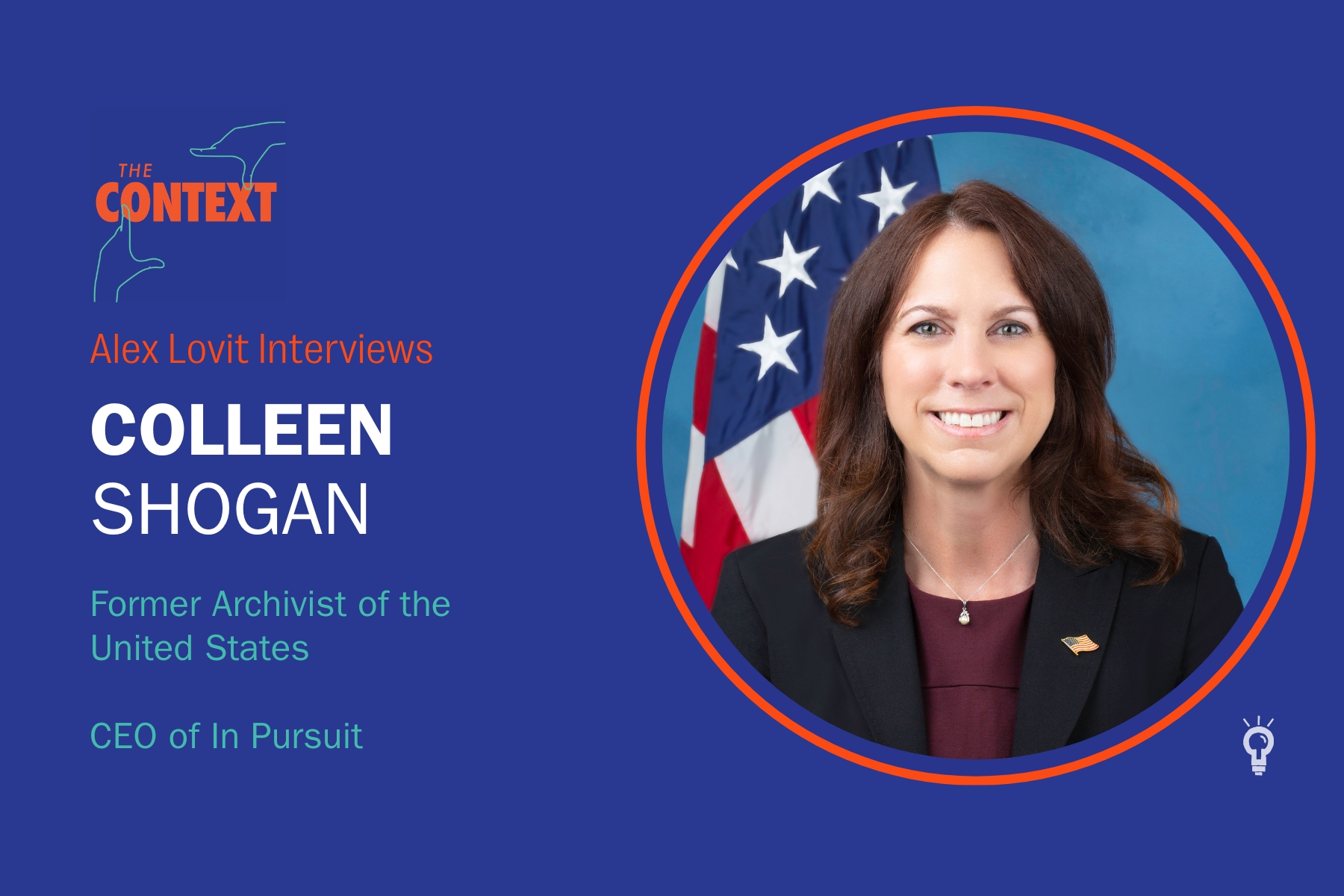How the SAVE Act Threatens the Foundations of Modern Voter Registration
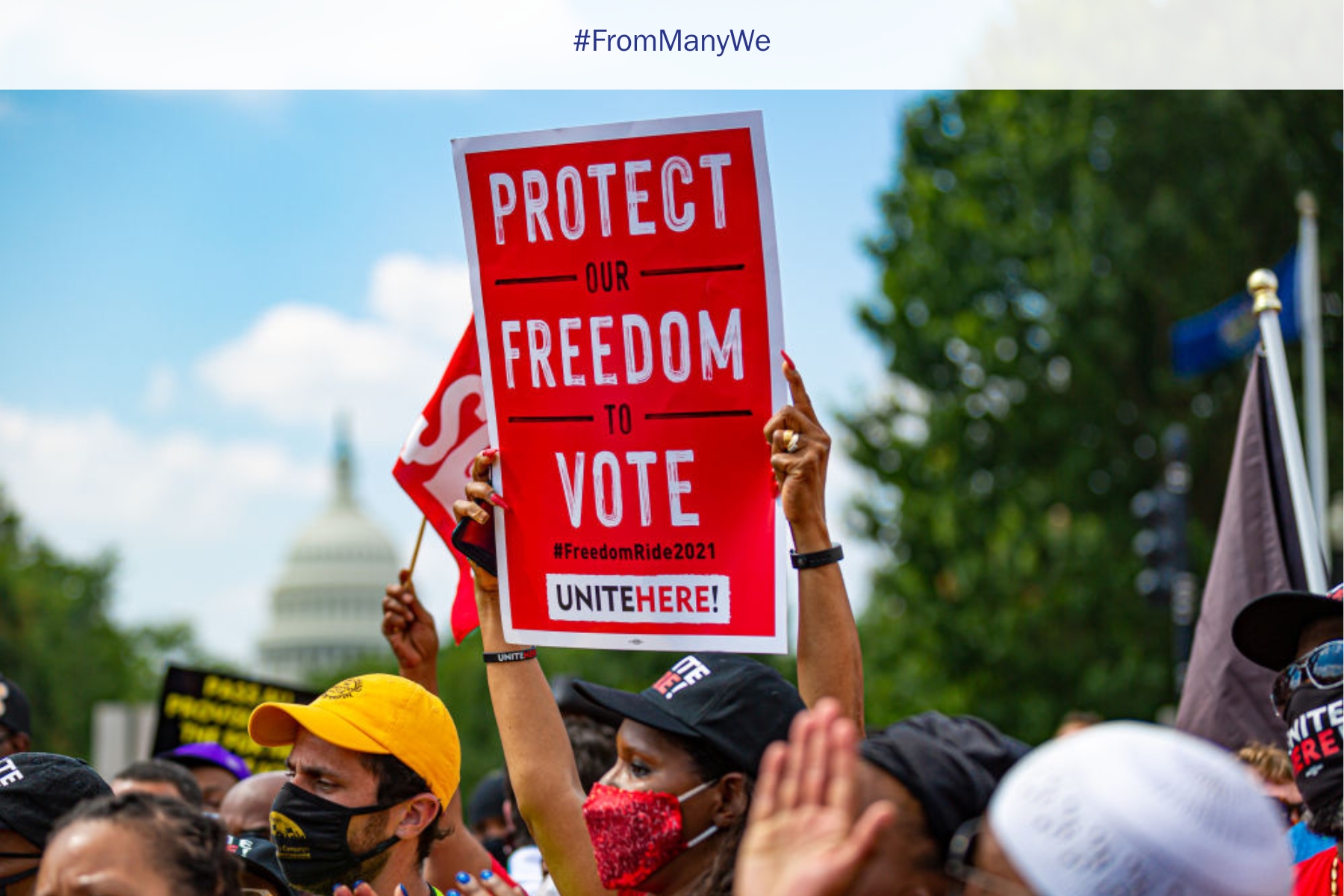
As Congress considers the Safeguard American Voter Eligibility Act, or the SAVE Act, it is essential to recognize that its impact goes far beyond the headlines. Much of the discussion around the SAVE Act has rightly focused on how requiring voters to provide documentary proof of citizenship could disenfranchise millions of eligible Americans, specifically married women who have changed their last names. However, less attention has been paid to the sweeping collateral damage the bill would cause: the destruction of decades of election reforms designed to make voter registration more accessible.
If enacted, the SAVE Act would fundamentally alter how voter registration operates in the United States by requiring all voters to provide documentary proof of citizenship when registering to vote in federal elections. This requirement would not only eliminate many of the tools that states have implemented to make voter registration more accessible—such as automatic and online voter registration, preregistration, and registration drives—but also would impose a retroactive burden on registered voters. Specifically, every registered voter who has not previously submitted proof of citizenship must reregister to provide that documentation. Using the 2024 presidential election turnout as a benchmark, I calculate that the passage of the SAVE Act would effectively require more than 155 million Americans to reregister under more burdensome requirements, likely leading to widespread confusion and decreased participation in the elections following its passage.
Modernizing Registration: A Hard-Won Achievement
Over the past thirty years, both Democratic and Republican-controlled states have adopted the following reforms to make voter registration easier, more efficient, and more accurate.
- Automatic voter registration (AVR): In 24 states and Washington, DC, when citizens interact with state agencies, like the Department of Motor Vehicles, their information is automatically used to register them to vote.
- Online voter registration: Allowing citizens to register to vote or update their registration online has made the process quicker and more accessible, especially for younger and more mobile voters.
- Same-day and preregistration: Same-day registration allows eligible citizens to register and vote simultaneously, which reduces barriers for those who miss arbitrary deadlines. Many states allow young people to preregister before they turn 18, this ensures they are ready to vote as soon as they become eligible.
- Voter registration drives: Civic groups, nonprofits, and political parties organize drives to help register eligible voters, particularly in underrepresented communities.
These reforms have expanded participation while preserving election security. They have also helped bring millions of new voters into the process—especially young voters, voters of color, and low-income and highly mobile voters.
How the SAVE Act Would Nullify These Advances
Requiring documentary proof of citizenship would fundamentally upend these reforms. Currently, state registration systems rely on citizens to attest to their voting eligibility under penalty of perjury, which is the same standard used for filing taxes and other legal processes. Replacing this system with mandatory document checks would impose new burdens and create massive logistical hurdles.
Viewed through the Cost of Voting Index (COVI) lens, the SAVE Act would represent a major increase in the burden placed on voters. By requiring all voters to reregister with documentary proof of citizenship, the act would sharply raise the barriers to registration and disproportionately affect voters who lack immediate access to original documents such as birth certificates or naturalization papers. Research has consistently shown that voter participation declines when states implement policies that increase the time and effort to vote. In this framework, the SAVE Act would dramatically elevate registration costs nationwide and make voting significantly more difficult in all 50 states. This would reverse years of progress toward more inclusive electoral systems. Here’s what voters would lose:
- Automatic voter registration would collapse as it relies on information already collected by state agencies. Under the SAVE Act, AVR systems would have to verify citizenship separately, which would be an enormous administrative burden that government systems and offices are currently not designed to handle.
- Online voter registration systems would no longer be viable because the SAVE Act requires documents to be verified in person.
- Similarly, preregistration for young voters would end mainly because these programs register students while they are taking high-school civics classes and students’ citizenship documents could not be verified at that time.
- Voter registration drives would be crippled and rendered useless, much like in Wisconsin, which requires voters to provide a physical copy of proof of residency along with their registration form.
- Same-day registration would be paralyzed because it depends on efficient eligibility verification. Requiring documentary proof of citizenship would slow down the process to the point of infeasibility and lead to longer lines and turning away eligible voters.
Who Would Be Harmed
The burdens of the SAVE Act would not be distributed equally. Citizens who already face barriers to obtaining official documents—including older people, students, low-income Americans, rural residents, and communities of color—would be most affected. Many Americans do not have ready access to passports or certified birth certificates, especially if they were born at home or in rural areas. To obtain these documents, those wishing to vote must navigate bureaucratic hurdles and incur expenses to get the required documents.
An Answer to a Nonexistent Problem
Supporters of the SAVE Act argue that it is necessary to prevent noncitizen voting. However, the United States already has laws prohibiting noncitizen voting, and documented cases of noncitizen voting are exceedingly rare. States have procedures in place to prevent and detect ineligible voting. The SAVE Act would hinder millions of eligible citizens by making it more complicated for them to register and vote. All in response to a virtually nonexistent problem, the act would create more harm than any supposed benefit.
A Setback to Decades of Bipartisan Progress
This legislation is not just another iteration of a voter ID law. It would roll back many of the most successful election reforms in recent US history. The SAVE Act would upend practices that have been embraced across the political spectrum and have demonstrably improved participation, accuracy, and efficiency in the electoral process.
While the SAVE Act faces an uphill battle in the U.S. Senate due to the filibuster, the threat it poses is far from theoretical. Similar proof-of-citizenship proposals have already been introduced in 25 state legislatures, including Michigan, Texas, and Missouri, and have become law in New Hampshire. These proposals could take root even if the federal bill fails, potentially creating a patchwork of laws that disproportionately affect the most vulnerable voters.
For those concerned about the impact of the SAVE Act, there are concrete actions to be taken:
- At the federal level, contact senators and urge them to oppose the legislation, particularly if it reaches a floor vote.
- Engage in public forums or join advocacy efforts led by voting rights organizations.
- At the state level, monitor your local legislature and speak out against bills that seek to impose proof-of-citizenship requirements.
The SAVE Act would not solve a real problem. Instead, it would destabilize the foundation of modern voter registration and limit access to the ballot box for millions of eligible Americans. Efforts to protect the integrity of elections must be grounded in evidence—not fear—and should always uphold the fundamental principle of democratic inclusion.
Michael J. Pomante II is a political scientist and election expert author who focuses on voter turnout and state election laws. He recently coauthored The Cost of Voting in the American States.
From Many, We is a Charles F. Kettering Foundation blog series that highlights the insights of thought leaders dedicated to the idea of inclusive democracy. Queries may be directed to fmw@kettering.org.
The views and opinions expressed by contributors to our digital communications are made independent of their affiliation with the Charles F. Kettering Foundation and without the foundation’s warranty of accuracy, authenticity, or completeness. Such statements do not reflect the views and opinions of the foundation which hereby disclaims liability to any party for direct, indirect, implied, punitive, special, incidental, or other consequential damages that may arise in connection with statements made by a contributor during their association with the foundation or independently.
